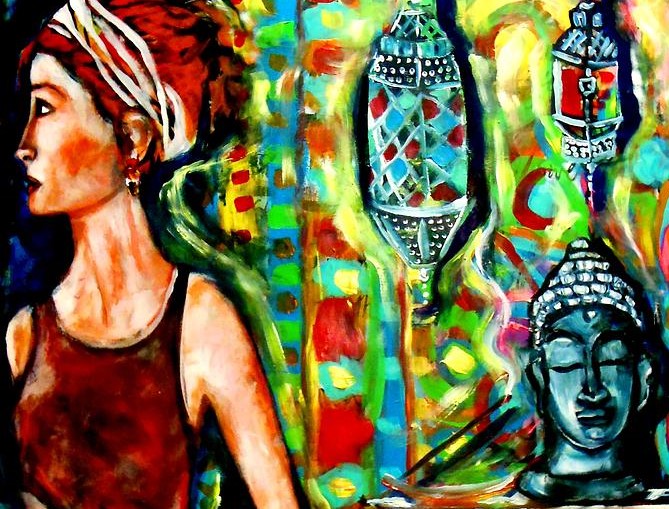Fifth Sunday of Lent
“Untie him and let him go free.” Jn. 11:44
“I’m not okay, you’re not okay, but that’s okay because God’s okay.”
Spoken by Rick Warren, pastor of one of the most renowned megachurches in America, and author of many bestselling Christian books, these words speak to the reality of one of America’s best kept secrets – the shocking issue of mental illness, and its cousin, addiction.
Rick’s youngest son, Matthew, was first diagnosed with clinical depression at age 7! Throughout his life, he experienced major depressive episodes, panic attacks, obsessions, compulsions, and “heartbreaking problems in schools and relationships.”
Life for the Warren family became a “painful revolving door of doctor appointments, medications, therapy, and adjustments to school.”
Later, Matthew’s suicidal thoughts became a part of their family’s daily life. “His anguish was our anguish,” Rev. Warren stated. Then, “on April 5, 2003, impulse met opportunity in a tragic way. Our beautiful son ran into the unforgiving wall of mental illness for the last time.”
According to the National Alliance for Mental Illness, more than 80 million Americans experience a mental condition every year – that’s more than one in four adults and one in ten children. Many suffer from more than one mental disorder at a given time. In addition, mental disorders are the leading cause of disability in our country, and become primary breeding grounds for entry into the world of addictive “solutions.”
People of every race, age, and economic status are affected. In fact, each one of us probably knows someone who is living with at least one form of mental illness.
The gospel we read today, the powerful and stunning story of the raising of Lazarus from the dead, along with all the events leading up to it involving Martha and Mary, has long fascinated artists, musicians, storytellers, and readers.
Personally, though, I’ve always been taken, not so much by Lazarus coming forth from the tomb – as miraculous as that is! – but even more so by what Jesus does after that.
After Jesus’ demonstration of amazing, never-before-seen powers, he does something perhaps equally remarkable.
Jesus turns to the crowd, to the people who had just witnessed this astonishing event, to the bystanders who saw with their own eyes a jaw-dropping phenomenon that must have left them utterly speechless – Jesus turns to them, and now to you and me, and says:
“Untie him and let him go free.”
It seems like once Jesus has made the point of how he and the Father are one; once he’s demonstrated in the most graphic way possible how he is the One sent by the Father, Jesus then turns to us, as if to say:
“Now it’s your turn. I’ve done what I can; now you do what you can. Demonstrate your oneness with the Father – through reaching out in service to one another.”
Lazarus was entombed. His hands and his feet were tied. His face was wrapped in cloth. His life was thoroughly disabled.
A similar situation exists in our society when it comes to the mentally ill and the addicted. They too are entombed. They too are disabled.
They are the people of today whose human capabilities have become tied up and twisted, whose brain has lost its proper functioning powers, whose actions are kept hidden from society, whose behaviors cause shame.
Their tomb is their own mind – where they dwell alone in fury and deep anguish.
They live amidst the madness that comes and goes, amidst the darkness that closes in, amidst the indignity that haunts them, amidst the terror that attacks them, amidst the rage that engulfs them.
They are the Lazarus equivalents of our time – entombed and disabled.
So today, let our prayer be that this one-of-a-kind gospel passage will break into our hearts and help us recognize the tragedy of mental illness and addiction, help us cease our shaming of others over what we too often see as a leprous condition, and help us become enlightened and outspoken in our efforts towards healing and aiding the “entombed” of today.
Let us pray, too, that our churches will become a place of refuge, comfort, guidance and practical help to those who suffer so terribly with mental disorders or addiction.
As Rev. Warren said, “I’m not okay, you’re not okay, but that’s okay because God’s okay.”
Or, to put it more simply and directly in Jesus’ words:
“Untie him and let him go free.”
Ted Wolgamot, Psy.D.
11809194.1
3/30/17


